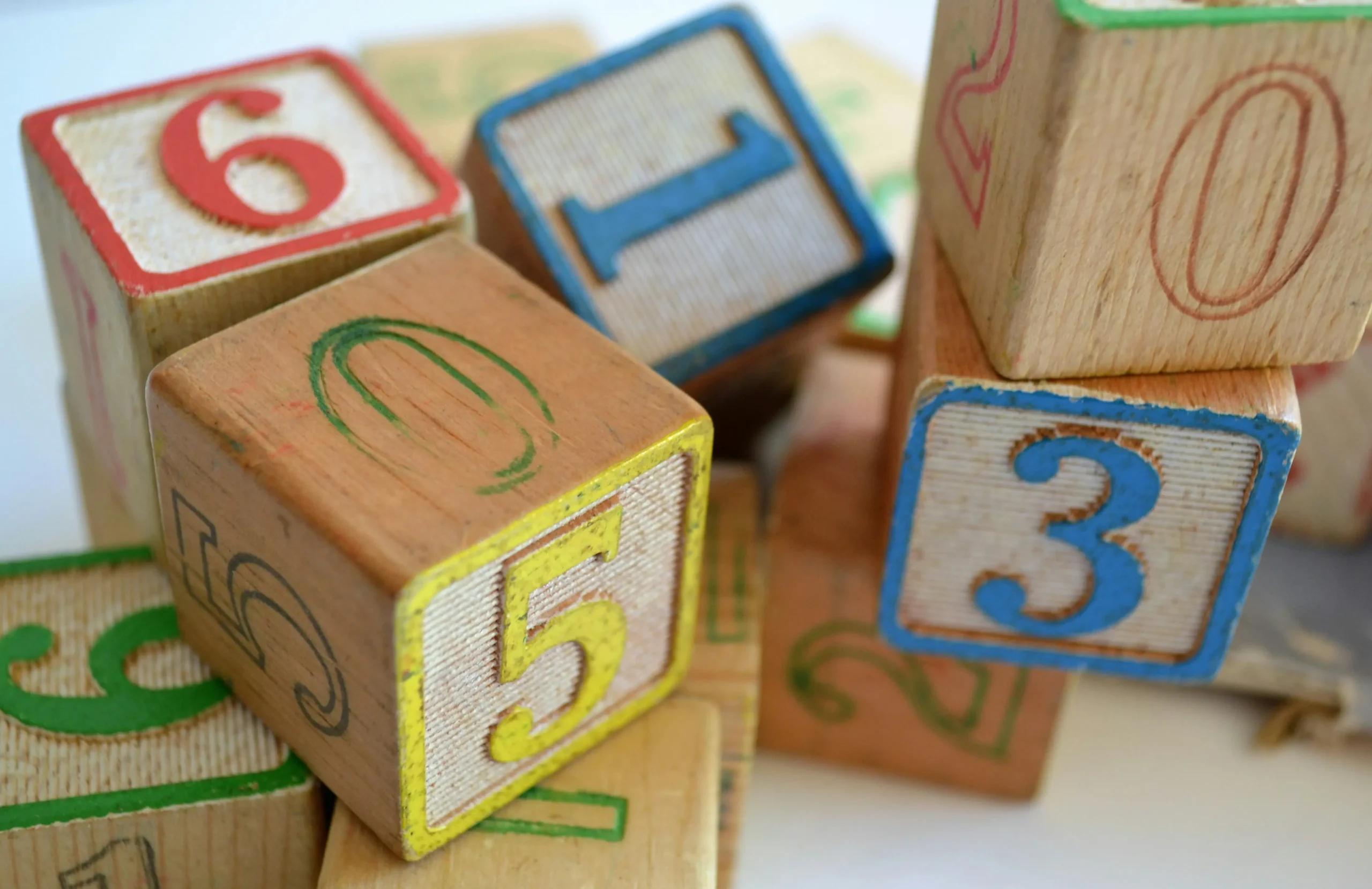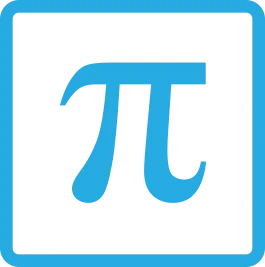Whether you’re planning on home educating from the start or just want to set your child on the right path for school, you might be wondering, “What skills do I need to teach/encourage to prepare my child for success in maths?”
The core skill required to start the study of maths is the ability to count. When your kid can look at a shoe on the floor and realise that he needs to find its pair to get ready for outside play, you know that he is on his way to counting success. This usually happens somewhere around the age of three but it could be sooner or later.
By the age of five, most kids can recite the numbers up to at least 10. However, unless someone has explicitly taught them, they are unlikely to have a good idea of how the sequence of numbers from 1-10 corresponds to counting a group of objects. Reciting numbers is not real counting but real counting is the foundation of mathematics.
So, the first skill you should intentionally look for opportunities to develop and practice is real live counting. Count toys as you put them away. Count books that you plan to borrow at the library. Count houses to the corner of your street. Count sleeps until some special event. Play board games that involve counting. Basically, count everything and anything you can find to count!
You can do most of the above as a modelling exercise where you do the counting and your child simply watches but at some stage you should encourage your child to count for themselves. The first few times you do so, make it easy by limiting the number of objects. The most important thing to watch for is that the child puts their finger on each object as they count it and that they don’t rattle off the numbers faster than their finger moves or vice versa.
There are other skills which are supposed to help a child succeed in maths. These include sequencing events or objects according to some rule, classifying objects based on some attribute (like colour, shape or size) and recognising and creating patterns. The last skill is often very slow to develop and is really not that necessary until middle primary so it’s not something you need to stress too much about. Even the other skills are much less vital than counting and can quite successfully be left off until year 1.
So preparing your child for success in mathematics is really as simple as 1, 2, 3.
Have you got any fresh ideas on how to help little kids develop their counting skills? Let us know in the comments!
Check out Milestone Maths, the program that makes maths simple.


